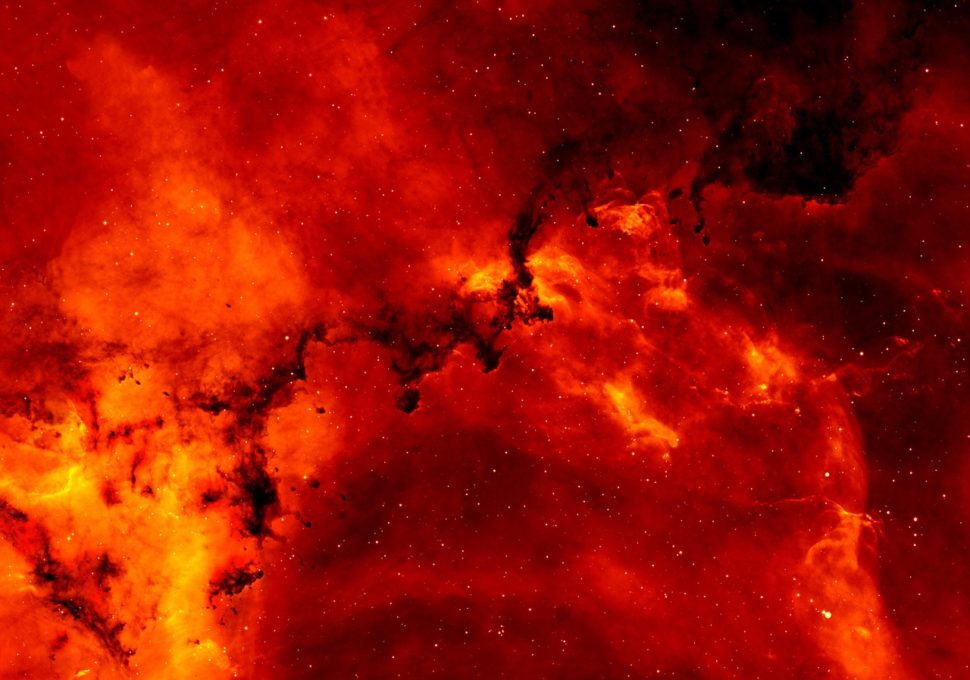A new NASA study revealed that the expansion of the universe is happening at a speed much faster than what astrophysicists expected. This discovery may mean that scientists have to create new approaches to their theories of how the universe works.
According to NASA astronomers, the latest data gathered by the Hubble Space Telescope suggest that the cosmos is growing around 10 percent faster than expected based on its starting trajectory moments after the Big Bang.
Two space telescopes tried to measure the speed of the expansion of the universe. However, the different measurements made by the European Space Agency‘s Planck satellite and NASA’s Hubble Space Telescope only led to conflicting predictions.
Adam Riess, the lead researcher of the new study, said in a statement:
“The Hubble tension between the early and late universe may be the most exciting development in cosmology in decades. This mismatch has been growing and has now reached a point that is really impossible to dismiss as a fluke. This disparity could not plausibly occur just by chance.”
Expansion of the Universe
In Riess and his colleague’s latest study published in The Astrophysical Journal, they reported observing 70 Cepheid variable stars located in the Large Magellanic Cloud. These stars referred to as standard candles exhibit dimming and brightening behavior that allows scientists to measure distances.
The NASA team also utilized the observations made by the Araucaria Project of many different LMC binary star systems. The data from the project provided the group with additional distance measurements to help them improve their understanding of Cepheids’ behavior.
All the information gathered by the NASA researchers were used to calculate the current expansion rate of the universe known as the Hubble constant. The new computation resulted in a speed value of 46.0 miles per second per megaparsec. The scientists noted that the uncertainty value to this new prediction is only 1.9 percent, the lowest value to date.
By contrast, the expected expansion rate calculated based on the observation of the Planck satellite was around 41.9 miles per second per megaparsec. Riess further said:
“This is not just two experiments disagreeing. We are measuring something fundamentally different.
One is a measurement of how fast the universe is expanding today, as we see it. The other is a prediction based on the physics of the early universe and on measurements of how fast it ought to be expanding.
If these values don’t agree, there becomes a very strong likelihood that we’re missing something in the cosmological model that connects the two eras.”



















Comments (0)
Most Recent